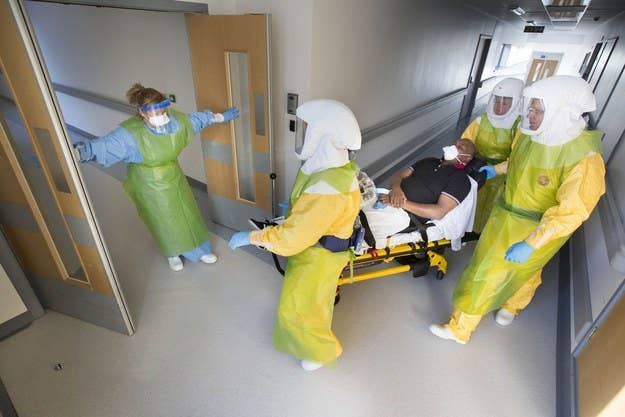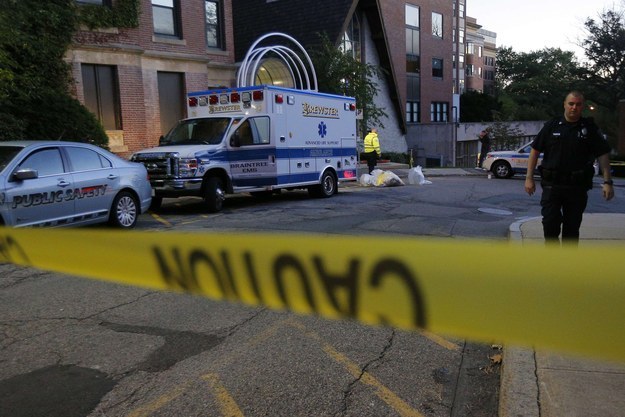Updated — 6:38 p.m. ET:

In a statement emailed to reporters on Monday, the World Health Organization (WHO) deemed Ebola "unquestionably the most severe acute public health emergency in modern times," saying that most countries where Ebola has spread have failed "to put basic public health infrastructures in place."
Encouraging people and health officials to get informed about how to prevent Ebola, WHO Director-General Margaret Chan explained that 90% of economic losses during the outbreak of any disease comes from "the uncoordinated and irrational efforts of the public to avoid infection."
"We are seeing, right now, how this virus can disrupt economies and societies around the world," she said.
Chan explained that the world "is ill-prepared to respond to any severe, sustained, and threatening public health emergency," but said that educating the public about preventing and stopping Ebola was currently the best defense strategy.
"Ebola emerged nearly 40 years ago," Chan wrote in the statement. "Why are clinicians still empty-handed, with no vaccines and no cure? Because Ebola has been, historically, geographically confined to poor African nations. The R&D incentive is virtually non-existent. A profit-driven industry does not invest in products for markets that cannot pay."
She continued:
First, the outbreak spotlights the dangers of the world's growing social and economic inequalities. The rich get the best care. The poor are left to die.
Second, rumors and panic are spreading faster than the virus. And this costs money.
Ebola sparks nearly universal fear. Fear vastly amplifies social disruption and economic losses well beyond the outbreak zones.
The World Bank estimates that 90% of economic losses during any outbreak arise from the uncoordinated and irrational efforts of the public to avoid infection.
Third, when a deadly and dreaded virus hits the destitute and spirals out of control, the whole world is put at risk.
Our 21st century societies are interconnected, interdependent, and electronically wired together as never before.
The WHO did praise the Philippines for its anti-Ebola work, however. The country held a summit last week with government health officials to warn about the dangers of Ebola.
So far, Ebola has killed more than 4,000 people. On Oct. 8, the first Ebola patient in the U.S., Thomas Eric Duncan, died in a hospital in Dallas.
On Sunday, the Texas Health Presbyterian Hospital announced that Nina Pham, a nurse in the hospital who cared for Duncan, had contracted Ebola and was quarantined. The Centers of Disease Control said that the fact that the health care worker contracted Ebola indicates a breach in protocol for caring for Ebola patients. The CDC is now monitoring the dozens of hospital workers who treated Duncan, Director Dr. Tom Frieden said.
According to the Associated Press, about 70 hospital staffers were involved in care of Duncan. Health officials also are monitoring 48 people who were in contact with Duncan before he was admitted to the hospital.
"We have to rethink the way we address Ebola infection control, because even a single infection is unacceptable," Frieden said in a press conference on Monday.
Frieden stressed that all health care workers must get proper training to deal with potential Ebola patients.
"Stopping Ebola is hard. We're working together to make it safer and easier," he said.
"Together I'm confident that we will stop it. What we all need to do is take responsibility for improving the safety of those on the front lines," he added.
U.N. Secretary-General Ban Ki-moon has urged leaders from countries affected by Ebola to create special centers to prevent Ebola from spreading and to keep infected people in isolation from relatives.

